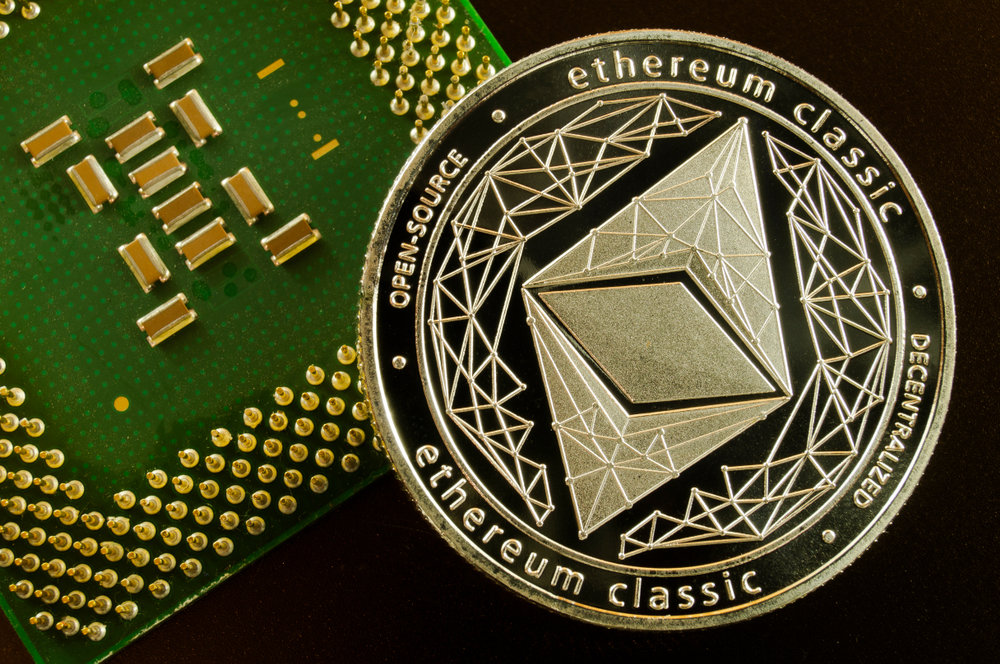Aave Companies, the entity at the back of the Aave DeFi program, has introduced the local stablecoin of the protocol. The stablecoin named GHO has been introduced on the testnet network of Ethereum, as stated by the team.
Consumers who intend to test the respective stablecoin’s working on Goerli are permitted to access GHO’s GitHub-based codebase, as per the declaration.
Aave Witnesses that Launch of Its Stablecoin ‘GHO’ on Goerli Testnet of the Ethereum Network
The latest deployment of GHO on Goerli counts as a part of the stablecoin’s scheduled rollout on the mainnet of Ethereum. Aave DAO, which is considered the community responsible for administering the Aave protocol, has the authority to approve the formal mainnet launch of the stablecoin.
This will take place sometime later. On being launched, GHO will have the status of Aave’s local stablecoin.
It will be pegged to the United States dollar. The stablecoin will be analogous to the DAI stablecoin of MakerDAO because it will be considered overcollateralized. This signifies that the consumers will require supplying collateral in sums surpassing the amount of GHO to be minted by them.
Yield will also be generated for GHO by collateral assets, as mentioned in the details which were formerly released regarding the scheduled stablecoin.
The DAO of the platform will obtain interest costs from those involved in borrowing the stablecoin. The entirety of the recompensed interest is to be directed to the treasury of Aave DAO, according to the recent update.
Additionally, the Aave DAO will administer the facilitator specified for the latest stablecoin. Recently, Aave Companies suggested that the initial facilitator will be the Ethereum V3 pool upon the mainnet launch of GHO.
GHO is categorized among a series of stablecoin programs that are issued by the DeFi protocols. As per the reports, Curve Finance also has a strategy to issue its stablecoin. The design of the GHO stablecoin makes it decentralized as well as guarantees that the price of the GHO oracle remains always fixed to one USD.
Aave is known as a decentralized borrowing and lending protocol that utilizes the mechanism of over-collateralization to guarantee the deposited funds’ safety. Pledging additional collateral as compared to the amount to be borrowed by the borrowers paves the way for a capital-efficient method for the minting of the stablecoins.
In addition to this, the over-collateralization will be supported by a series of crypto assets supplied by the Aave depositors. Stani Kulechov (Aave Companies’ chief executive officer) stated that with the Aave community’s management and support, the decentralized stablecoin GHO could establish a payment layer.
The respective layer can effectively, securely, and conveniently transact value across TradFi and DeFi ecosystems.
ABDK, SigmaPrime, and Open Zeppelin Has Already Audited the Stablecoin
As Aave DAO will organize the stablecoin, anyone holding AAVE (the governance token of the platform) will have a say in determining the supply of GHO, the risk parameters, as well as the interest rate. The press release brought to the front that GHO has, in advance, been audited by ABDK, SigmaPrime, and Open Zeppelin.
Apart from that, the stablecoin is presently being audited by Certora. The bug bounty program of Aave additionally takes into account the code repository. The other things involved take into account providing rewards to those who detect as well as a report regarding the vulnerabilities in the stablecoin project.
